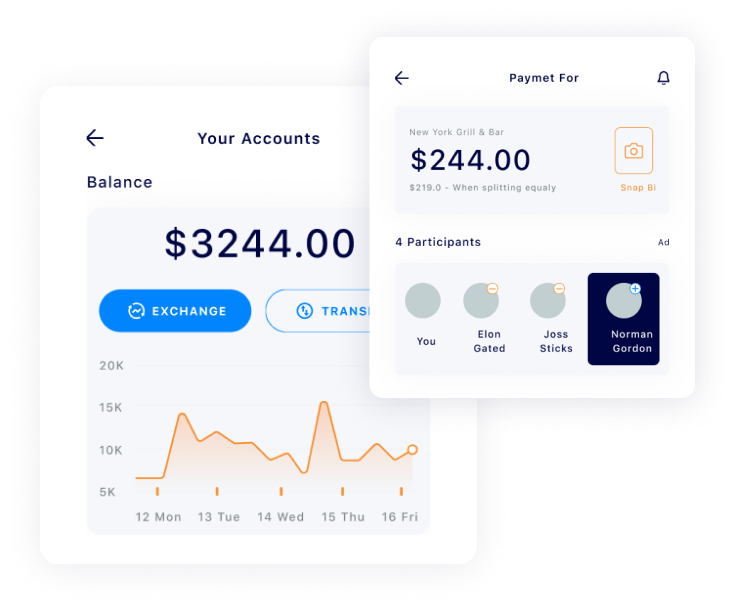
A credit score of 620 is generally required, though FHA 203(k) loans may have more lenient requirements.
A minimum down payment of 3.5% for FHA 203(k) loans or 5% for conventional rehab loans is required.
Your debt-to-income (DTI) ratio should be no more than 43%, though exceptions may be made with compensating factors.
The property must be a primary residence for FHA 203(k) loans, while conventional rehab loans can be used for primary residences, second homes, and investment properties.
You must work with a licensed contractor to complete the renovation work, and the lender typically oversees the project’s progress.
Varies by lender
Varies by loan type
Varies by lender
Years to payoff the loan
Of the loan amount (for FHA 203(k) loans)
Of the loan amount (for FHA 203(k) loans)
Our team is here to support you with personalized guidance.
You can always ask for advice from a mortgage loan expert.
Ready to start an application for a loan?